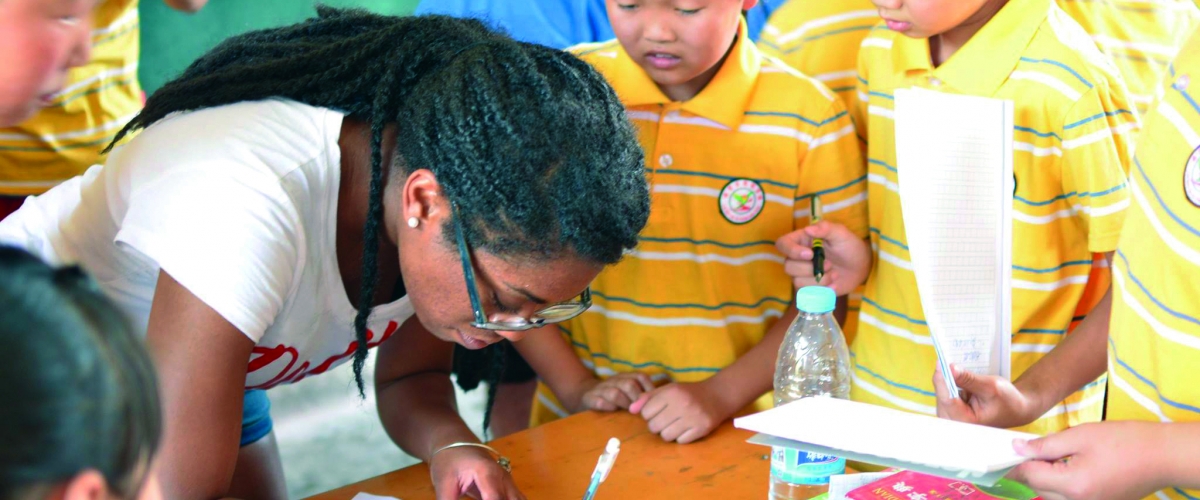Areas of Practice

We have learned that we cannot live alone, at peace; that our own well-being is dependent on the well-being of other nations far away.
- Franklin Delano Roosevelt
January 20, 1945
The concept of exchange programs grew out of a desire to build bridges of understanding between nations and their respective citizens after World War I. Since then, cultural and academic exchanges have become an established form of diplomacy in many countries throughout the world.
We believe in international education because we have seen it work.
Whether it is a virtual exchange between teachers, an academic year abroad to learn a new language, or a delegation of civil servants visiting a foreign country, each initiative in international education shares a goal: to expand knowledge of the world through people.
Individuals learn to communicate with a new set of peers and to succeed on a global scale. Nations build prosperity, foster connections with other countries and cultures, and enhance security -- all by encouraging people to learn across cultures, languages, and borders.
At American Councils for International Education, the more we learn about the world, the more we’re inspired to contribute to it. It is why we were proud to participate in international education in 1974, and the reason we remain committed to international education today.
